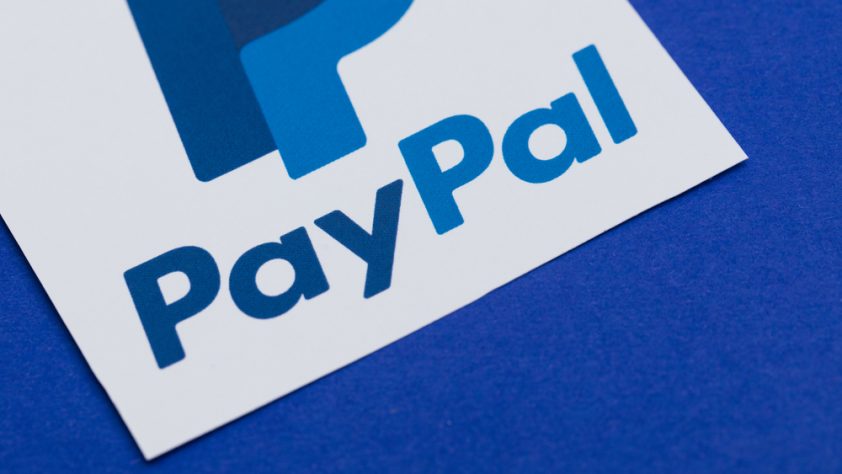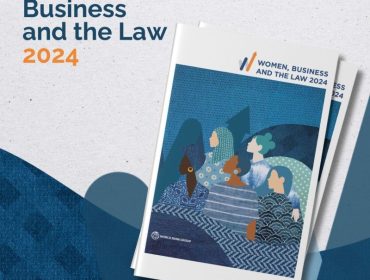
A Local Approach To The Universal Challenge Of SME Finance
May 25th, 2017 – From the U.S. to Mexico to India to sub-Saharan Africa, SMEs’ need for access to capital is universal. What differs across geographic markets, however, is how small businesses can gain that access. For some, it’s through their traditional banks. For others, underbanked markets need FinTech innovations to see financing.
The particulars of each geographic market affect everything from how lenders underwrite loans to the technologies by which small businesses access funds, according to PayPal Head of Global Social Innovation Sean Milliken and Village Capital Managing Director Allie Burns.
PayPal and Village Capital have just expanded their partnership in an effort to, as they say, “democratize” access to financing for entrepreneurs and SMEs in various markets across the globe. Their latest moves see them working with small businesses in Latin America, the U.S., sub-Saharan Africa and India.
These are all very different markets in which entrepreneurs operate. But, the executives recently told PYMNTS, there are some cases in which running a small business is similar across the globe.
“The overall theme that’s persistent across all regions is the need for small businesses to have more democratized access to capital to grow their business,” Burns said, “regardless of where they are. It’s something we see across geographies.”
Milliken added that similarities across geographic regions also include the technologies that enable small businesses to find financing.
“There are commonalities across geographies in terms of access to capital and support,” he said. “We’ve certainly seen advancements and innovation that are commonalities as well across geographies.”
Key to servicing businesses, though, is tapping into the particular unique needs of companies depending on where they are, he said. There are, of course, challenges that can “vary greatly by geography,” he said, that remain top barriers to financial growth for young companies.
“There is a different level of maturity and different regulatory ecosystem that small businesses are dealing with in different markets,” explained Burns.
The technologies at SMEs’ disposal (and use of those tools) is another difference, the executives said. In sub-Saharan Africa, for example, small businesses are more attuned to using mobile solutions. Meanwhile in India, recent demonetization means a greater emphasis on electronic payments, a shift that she said has been particularly acute for the small business community that had been so dependent on cash.
“There are a mix of trends blended across geographies,” she added.
With that in mind, entering into a new market means being well-versed in the particularities of the space in order to most effectively help entrepreneurs and SMEs.
For lenders, both banks and alternative, that could mean taking a new approach to credit underwriting. Some tactics involve using back-end system data like transaction and accounting information to underwrite loans, while other markets deploy a different approach.
“We’re having to look at innovative and creative ways to establish creditworthiness,” Milliken said. “There are all kinds of innovations trying to break down what have been the traditional barriers to establish financing for entrepreneurs and SMEs.”
PayPal has itself used a variety of approaches, from using the data it holds regarding small business financing to underwrite loans a la PayPal Working Capital, or by inking partnerships with Village Capital and others that have their own underwriting algorithms, or use alternative approaches, from using social media data to having a small businesses’ own community peers assess the company and establish creditworthiness.
Village Capital, too, has been involved in a variety of approaches. According to Burns, some alternative lenders that participate in Village Capital’s programs use methods like assessing what she described as the “micro history” of a young company’s financial data, critical when a longer history of finances isn’t available to a lender. In another case, she said, a small business can build credit via micro loans.
What’s consistent across these scenarios is the use of FinTech innovation to land money in businesses’ accounts. That comes from an understanding that in many cases, traditional banks aren’t necessarily the only (or best) resource for a small business to access working capital or even receive financial guidance.
“Banks are meeting some of the needs of small businesses, but clearly not all,” Burns said. “That’s why a lot of companies are using technology to help expand access for SMEs.”
There is a spirit of collaboration, in this regard, both executives said. There are partnerships between FinTechs like PayPal and Village Capital, sure, but according to Burns, banks themselves are eager to get in on the action.
“We’ve also seen banks very excited about the potential for technology to expand their own customer portfolio,” Burns added, noting that these FIs are eager about participating in mentorship roles.
“There is no single player that can support these emerging companies and technologies,” said Milliken. “By [virtue] of giving companies like PayPal the opportunity to engage employees and provide expertise to SMEs, they can get that help and that access and support that might not otherwise be there.”
Written by PYMNTS
http://www.pymnts.com/news/b2b-payments/2017/paypal-village-capital-sme-financial-inclusion/
Related Post
Digital Entrepreneurship in Africa
Africa’s progress in entrepreneurship, digital innovation, and its young population lays a solid foundation for achieving the United N...
Women, Business and the Law 2024:...
Women, Business and the Law 2024 This year’s report, the 10th in the series, finds that women worldwide continue to have fewer legal r...
European Commission launched AI innovation package...
On 24 January, the Commission has launched a package of measures to support European startups and SMEs in the development of trustworthy Art...




